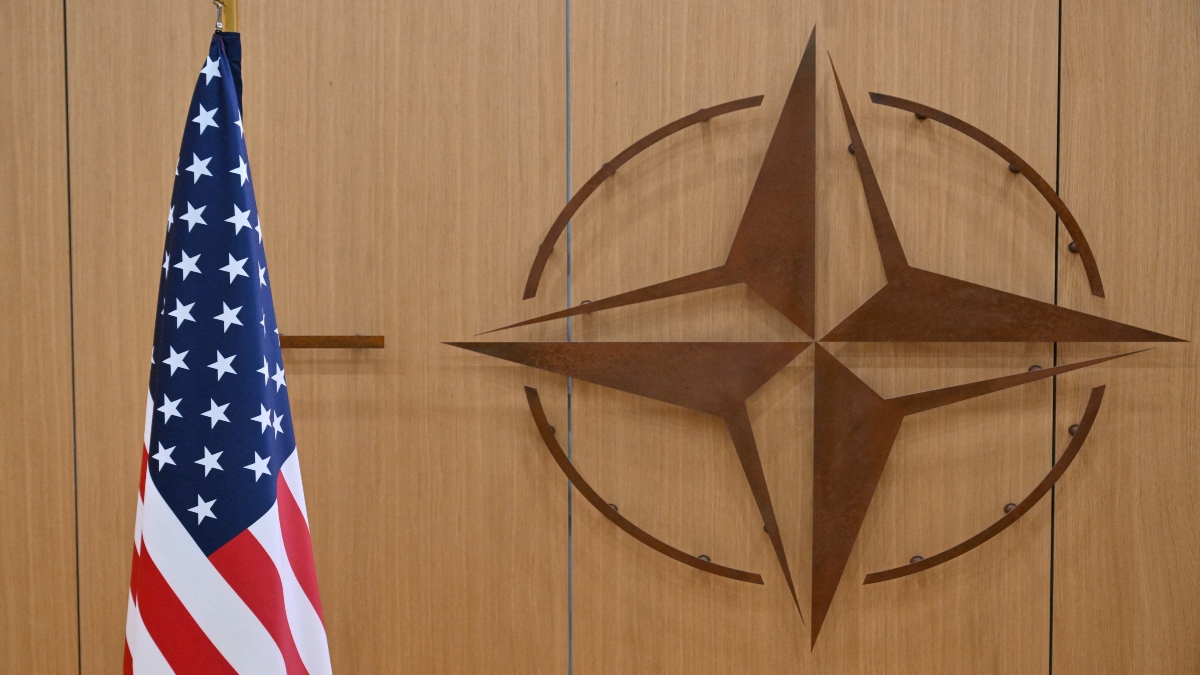US Defence Secretary Pete Hegseth urged Nato allies on Thursday (June 5) to agree to significantly increase defense spending ahead of an upcoming summit, aiming to meet demands set by President Donald Trump.
Trump has insisted Nato members raise defence budgets to 5 per cent of their Gross Domestic Product (GDP). Nato Secretary-General Mark Rutte has proposed a compromise plan, calling for 3.5 per cent of GDP dedicated to core military spending by 2032, with an additional 1.5 per cent for broader security needs, including infrastructure.
Diplomats suggest Rutte’s proposal appears likely to gain approval at the Nato summit scheduled for June 24-25 in The Hague, despite reservations from a few member countries, notably Spain, which is only now set to meet the current 2 per cent target.
Hegseth’s message to Nato
“The reason I’m here is to make sure every country in Nato understands every shoulder has to be to the plough, every country has to contribute at that level of five percent,” Hegseth said in Brussels.
“Our message is going to continue to be clear. It’s deterrence and peace through strength, but it can’t be reliance. It cannot and will not be reliance on America in a world of a lot of threats.”
Diplomats indicated several countries were negotiating for extended timelines and fewer incremental requirements for increasing defense budgets annually. Nevertheless, the compromise is expected to allow Trump to claim a partial victory while accommodating financial constraints faced by European members.
Nato to get new capability targets?
Simultaneously, Nato ministers prepared to finalise new capability targets aimed at enhancing deterrence against Russia. German Defence Minister Boris Pistorius said the revised targets would require Germany to recruit approximately 50,000 to 60,000 additional soldiers.
Dutch Defense Minister Ruben Brekelmans estimated the financial cost to meet Nato’s proposed spending levels at a minimum of 3.5 per cent of GDP for the Netherlands.
Impact Shorts
More ShortsEurope’s heightened defense ambitions are partly driven by uncertainty over Washington’s long-term commitment to European security. Hegseth previously unsettled Nato allies with suggestions that the US might reduce its European military presence to prioritize threats from China.
Meanwhile, the upcoming summit faces additional tensions over Ukraine. Trump’s administration has significantly scaled back US support for Kyiv during Russia’s ongoing invasion. Hegseth notably missed a recent meeting in Brussels focused on supporting Ukraine.
European allies continue pressing to invite Ukrainian President Volodymyr Zelenskyy to the summit in The Hague, although Nato has not confirmed his attendance, stating only that Ukraine will be represented.
With inputs from agencies


)

)
)
)
)
)
)
)
)



